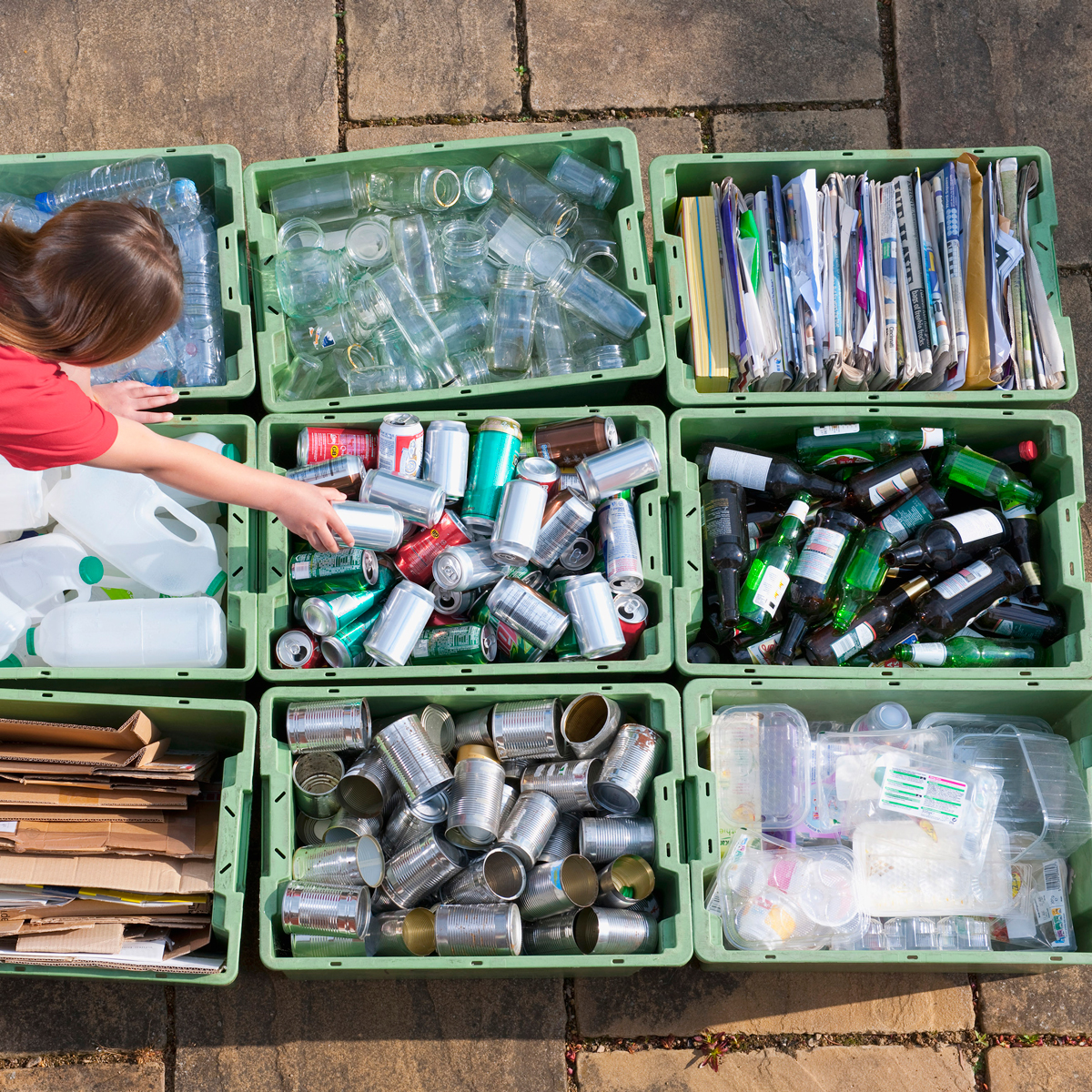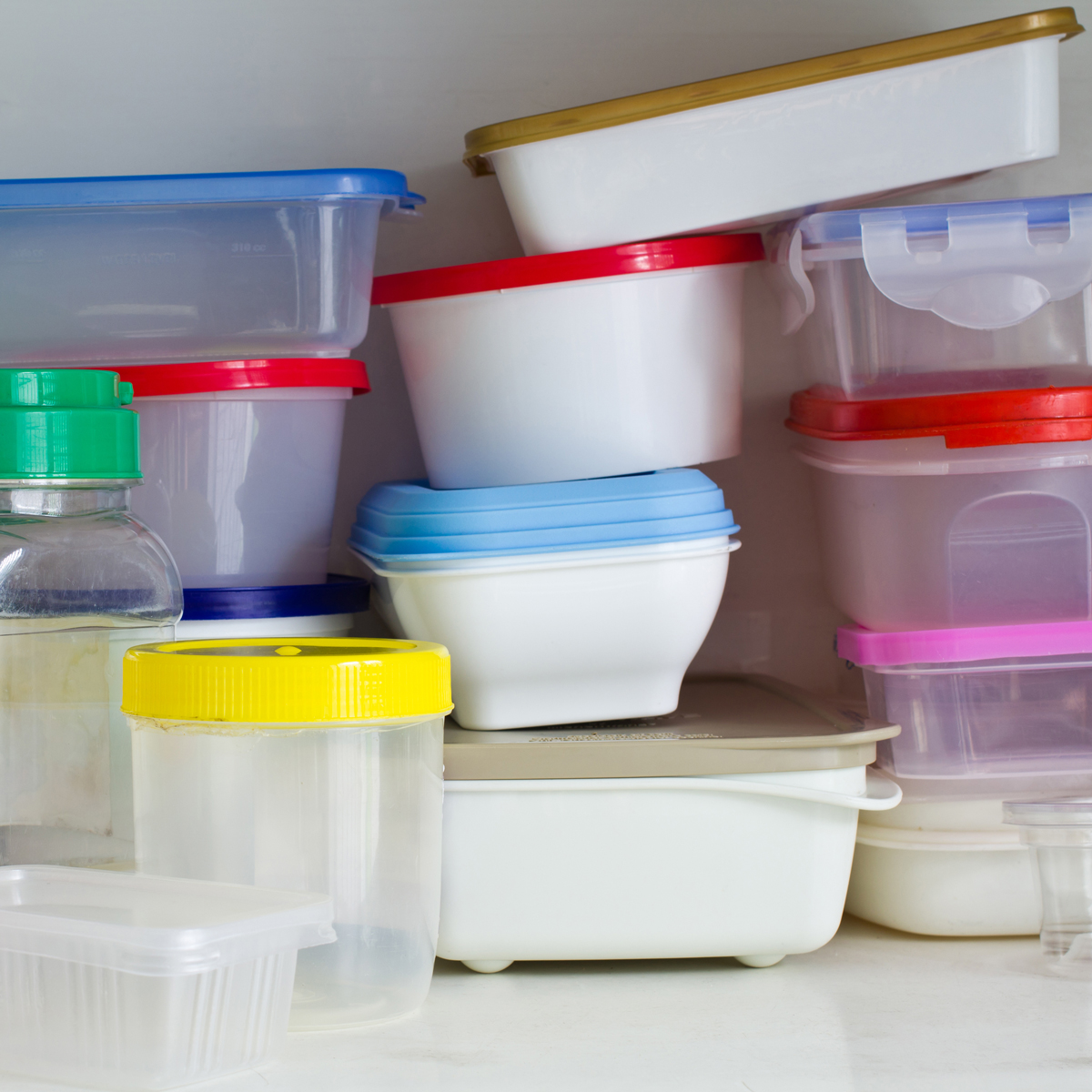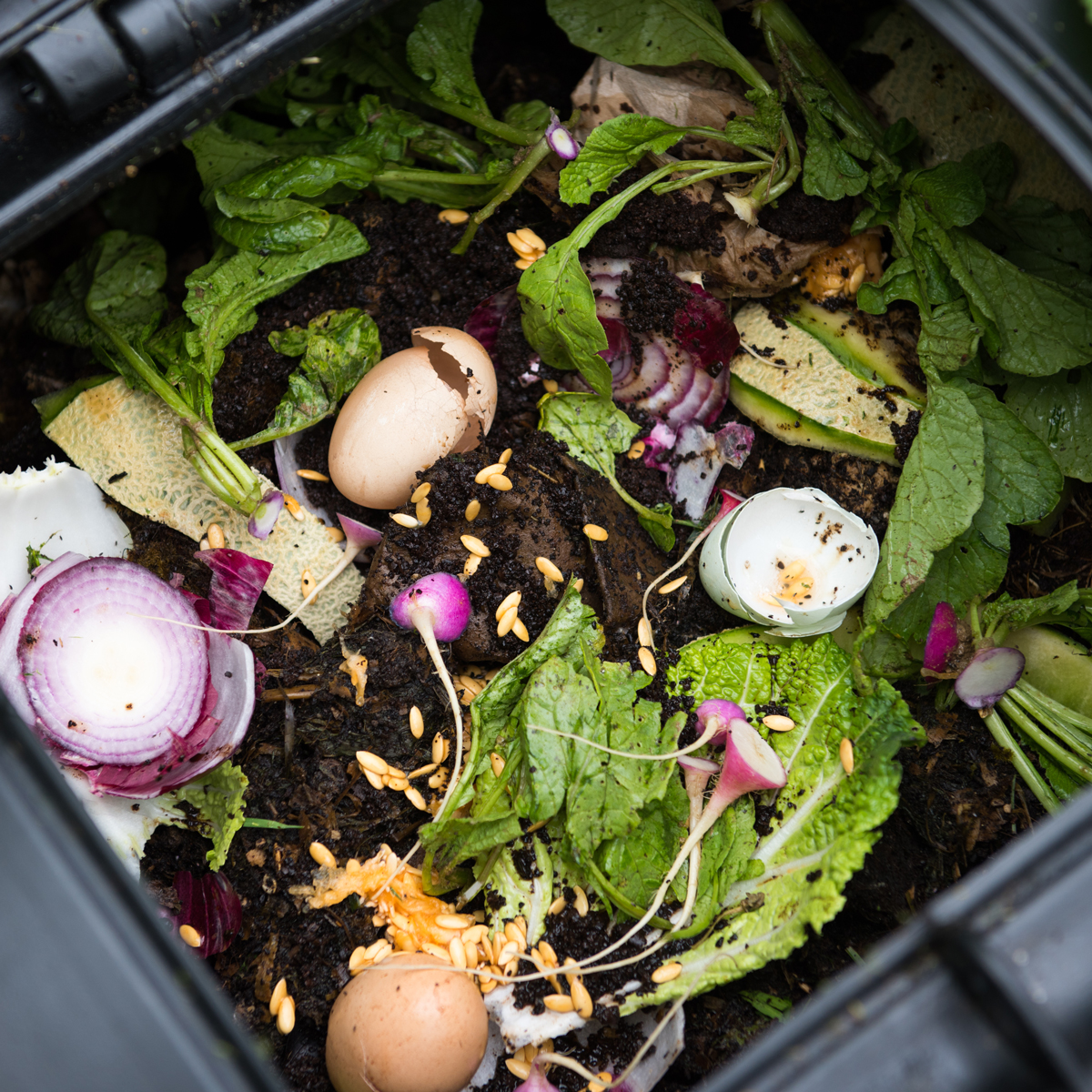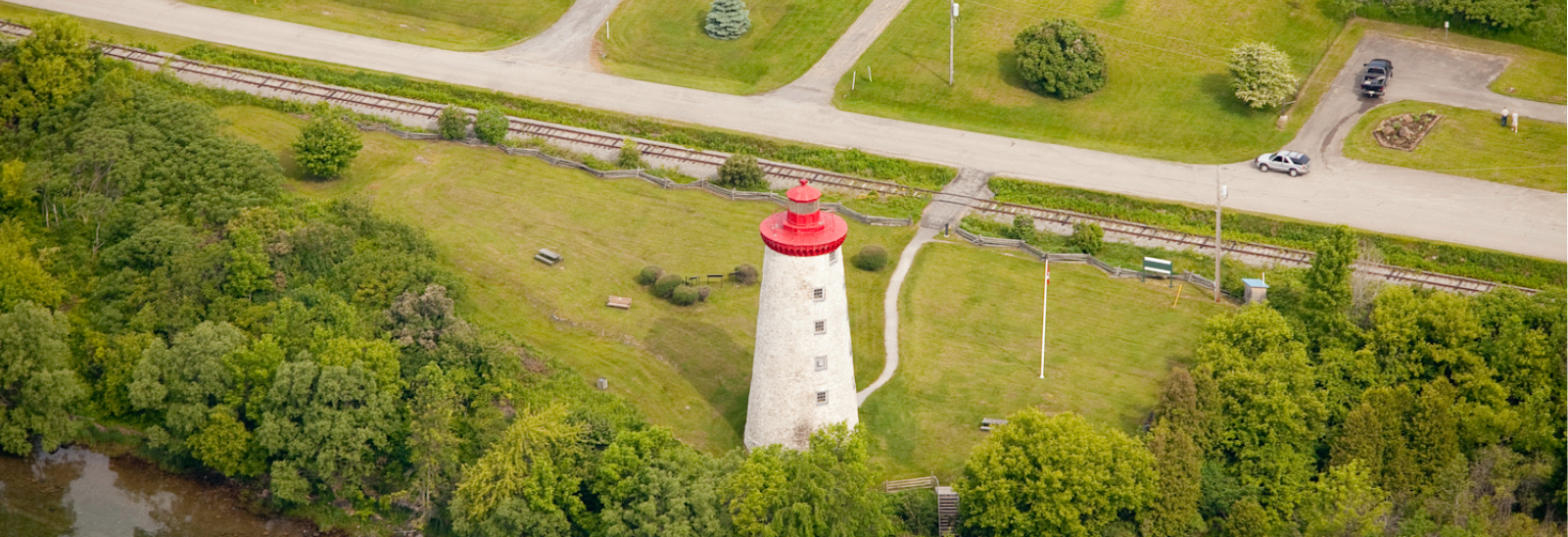Overview
The Provincial Day of Action on Litter is celebrated on the second Tuesday of May each year in Ontario.
We are taking action to reduce the amount of waste going to landfills or becoming litter by bringing awareness to the impacts of waste on our environment and encouraging people to take action at home and in their community to help keep our environment clean and healthy for generations to come.
2023 Day of Action
This year, the Provincial Day of Action on Litter is May 9, 2023.
There are actions we can take to put litter in its proper place. You can do this by:
- Reducing waste: giving old products new life instead of throwing them away. For example, using old containers for storage.
- Diverting waste: recycling or composting materials when and where possible to divert waste away from landfills. For example, by using your blue and green bins.
- Preventing waste: stopping waste before its created. For example, by choosing to buy goods with less packaging.
- Properly disposing waste: making sure anything that does belong in the trash, such as disposable gloves and masks, is placed in properly tied or sealed garbage bags to keep our neighbourhoods clean and safe
Why it matters
We generate nearly one tonne of waste per person every year in Ontario. It is estimated that almost 10,000 tonnes of plastic debris enter Ontario’s lakes and rivers each year.
In Ontario:
- Almost 50% of waste is diverted through blue box or green bins.
- 70% of general waste materials from residential, commercial and industrial locations end up in landfills.
Food and organics make up one third of the waste we generate. When food and organic waste breaks down in landfills it produces harmful greenhouse gases.
Ontario’s greenhouse gases from solid waste in landfills totaled 6 million tonnes CO2e (carbon dioxide equivalent) in 2020.
Waste that doesn’t get recycled or go to landfills ends up as litter in our environment, which can have a negative effect on local ecosystems.
Litter along our shorelines, in our green spaces and on our streets can spill into our waterways and break down into micro-plastics in the environment, which can hurt or even kill wildlife and damage ecosystems.
Plastics in the environment
- It is estimated that almost 10,000 metric tonnes of plastic waste enters our lakes and rivers each year from Canada and the United States
- Microplastics (plastics that are smaller than 5mm) are found in some areas of the Great Lakes in concentrations greater than those reported in oceans
Food and organic waste
- When food or organics end up in landfills, they release methane gas – a substance with a global warming potential twenty-five times greater than CO2.
- When we send our food and organics to landfills, we lose the opportunity to recover the value of nutrients which could be returned to the earth where they can be used to benefit and support healthy soils and reduce GHG emissions.
How to take action
What Ontario is doing
The province’s Made-in-Ontario Environment Plan includes initiatives to reduce, prevent and divert waste and litter, keeping it out of landfills and away from our natural spaces. Together with our municipal and industry partners, we are:
- Implementing our Food and Organic Waste Policy Statement to reduce and divert food and organic waste, create consistent rules for what goes in green bins, and create opportunities for the rescue of surplus food and redistribution to those in need.
- Making producers responsible for the waste they create by transitioning oversight of the blue box program from municipalities to producers.
- Making producers responsible for managing batteries that are recycled.
- Modernizing the hazardous waste reporting system so it can be tracked more efficiently and properly reported.
What you can do
Your actions matter.
Recycling one aluminum can saves enough energy to run a TV for three hours, or one game of hockey.
Almost every plastic item we’ve made since the 1950s is still in our environment.
Consider:
- Donating gently used plastic toys instead of throwing them away
- Using your own dinnerware instead of plastic or paper plates
- Swapping your plastic water bottle for a reusable one when you’re on the go
Tips for around the house
- Become an expert on what goes in the green bin and blue box in your municipality.
- Reuse or properly wash and recycle take-out food containers.
- Use up leftover produce in your fridge by making a batch of soup or stir fry.
- To cut down on paper towel waste, use a dishcloth with soap and water to clean your surfaces.
- Make a zero-waste air freshener with a few simple household ingredients.
- Upcycle your old jeans into a DIY dog toy.

Tips for around your backyard:
- Create your own compost station outside for your garden soil.
- Use old towels to clean your outside windows, table tops and chairs.
- Create a seed nursery with toilet paper rolls before planting.
- Reuse cracked or damaged ceramics as flower pots.
- Create a “bee hotel” using things from around the house.
- Prevent food waste by growing what you need. Learn how to grow your own sprouts.

Tips when grocery shopping:
During the COVID-19 outbreak, if you need to go out, here are some tips:
- Avoid food waste by planning your meals in advance and buying groceries for your weekly recipes.
- Purchase beeswax food wraps instead of plastic wrap.
- Purchase reusable straws instead of plastic straws.
- Mason jars are handy and can be reused for multiple purposes. Check out our Mason Jar Salad recipe.

Report littering or waste dumping in your community
If you want to report littering or waste dumping in your community you can:
- Report it to your local municipality which may have by-laws for illegal waste disposal and fines for littering. You can report littering and dumping on our website https://www.twpec.ca/en/living-here/report-a-concern.aspx.
- Contact the Ministry of the Environment, Conservation and Parks, which regulates waste management activities in some areas. If you witness waste being dumped into the natural environment or improper disposal of commercial waste, contact the public pollution reporting hotline at 1-866-MOE-TIPS (Toll-free: 1-866-663-8477). The information you provide will be collected and shared with ministry staff at the local district office for follow-up.
Thank you for helping us to keep our province clean and litter-free.
For more information
If you have questions, email us at actONLitter@ontario.ca or visit www.ontario.ca/actonlitter















